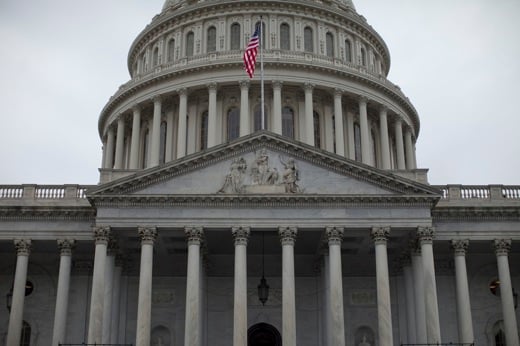Standard of care takes center stage on Capitol Hill amid a flurry of offers, counteroffers, and counter-counteroffers. Right now, House-Senate negotiators appear to be locked in a stalemate.
House and Senate negotiators have hit an impasse on the fiduciary duty provision embedded in the massive financial regulatory reform bill.
The House side is insisting that its approach prevail. That plan, which has sparked heated debate in the adviser community, directs the Securities and Exchange Commission to impose a universal standard of care on anyone providing personalized investment advice to retail customers. The provision would require broker-dealers and insurance agents to act in the best interests of their clients and disclose conflicts of interest — the same standard investment advisers must meet.
By contrast, the Senate plan merely calls for the SEC to study the issue. Although the Senate bill authorizes the SEC to proceed to rulemaking after its one-year study, the regulator could only do so under its existing authority. That authority does not allow the commission to implement a universal fiduciary standard, critics claim.
Rep. Barney Frank, D-Mass., chairman of the House Financial Services Committee, called the fiduciary duty “essential to protecting investors, which is at the center of what we're trying to do.”
Mr. Frank, who also is chairing the conference committee, made a pitch Wednesday to senators on the committee to replace the Senate language, which is in the 1,974-page base text, with the House provision.
Late Thursday morning, Sen. Christopher Dodd, D-Conn., chairman of the Senate Banking Committee, said the Senate is not ready to make a counteroffer.
"We're going to still need a few more days, maybe less," Mr. Dodd said.
In the conference process, the House makes an offer and the Senate responds. Then the House reacts and so on until consensus is reached, a process that can take hours or days.
“Fiduciary responsibility is very important to us,” Mr. Frank said. “We may come back with a counter-counteroffer.”
A fiduciary advocate said she doesn't know what is causing the Senate delay or what form its counteroffer may take.
“This is a highly contentious issue with fierce industry opposition,” Denise Voigt Crawford, Texas Securities Commissioner and president of the North American Securities Administrators Association, said in a statement to InvestmentNews. “I believe the public and many members of congress understand the logic of our argument. But on the Hill we are competing against a well funded army of lobbyists.”
The fiduciary provision is one of only a handful of changes to the investor protection title of the legislation that are in dispute. The conference committee is expected to continuing working on the bill for the next week or so.







